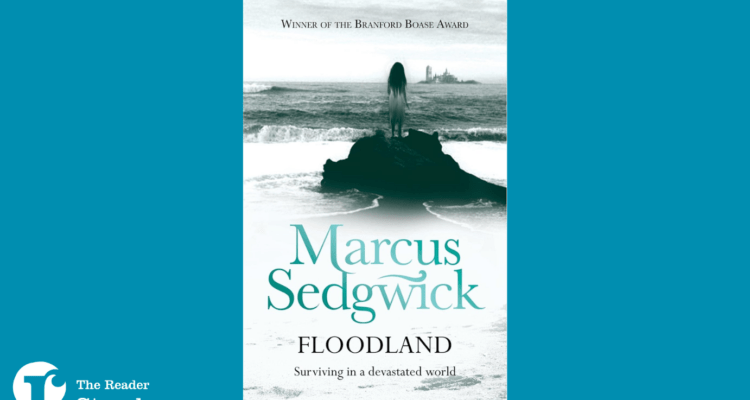Featured Poem: The Vampire by Rudyard Kipling
You might wonder at the title of this week’s featured poem…vampires?! It’s just a tad too belated for Hallowe’en after all. But who says that we should only bring to mind the spooky and supernatural but once a year? Besides, obsessions with vampirism have become all the rage in current popular culture. I need only mention Twilight, that fang-filled fictional phenomenon which to date has sold 85 million copies of its four-part series across the world. The film version of the second book of the saga, New Moon, has just been released in cinemas, sending waves of excitement through the hearts of many teenage girls – as well as those of us who are just that bit (or dare I say, a lot) older. Of course, vampire fascination is nothing new – creatures of the night have inspired classical fare such as The Vampyre, Carmilla and the quintessential Dracula, running into the 20th century with The Vampire Chronicles. Of the range of modern novels, the Southern Vampire Mysteries – recently transformed into the hugely enjoyable television series True Blood – is an entertaining choice for those seeking something more suited to adults than the adventures of the Cullen clan. However, traditionalists may want to avoid the latest foray into vamp-lit; an imagined prequel to Pride and Prejudice entitled Mr Darcy, Vampyre (okay, so he was a bit moody at times, but a vampire?!).
Vampiric poetry predated the exploration of the world of the vampire in novel form, the first ever poem about a vampire believed to have been the German Der Vampir in the 18th century. Since then the mystical status of vampires in literature has been solidified, being presented as powerful, dangerous yet alluring figures. Various poems from the 18th and 19th century focused upon female vampires, in contrast to the modern romanticised young male vampires. In particular they were portrayed as dark temptresses; an example of which can be found in Rudyard Kipling’s poem. Yet this particular vampire may be seen in a number of ways. Is she utterly manipulative, empty of concern for her willing victim? Is it that she is strong and not troubled by matters of emotion like her human counterparts? Or perhaps she is not to blame for the things she does not know or understand, not asking to be idolised by a lovelorn male. Maybe the poem is less about mythical figures and more about the parts of ourselves we’d rather were not real, like the foolishness of the mere mortal or the callousness of the vampire. Either way, it’s as every bit as intriguing as the tales of modern-day vamps.
The Vampire
A fool there was and he made his prayer
(Even as you and I!)
To a rag and a bone and a hank of hair
(We called her the woman who did not care),
But the fool he called her his lady fair
(Even as you and I!)
Oh the years we waste and the tears we waste
And the work of our head and hand,
Belong to the woman who did not know
(And now we know that she never could know)
And did not understand.
A fool there was and his goods he spent
(Even as you and I!)
Honor and faith and a sure intent
But a fool must follow his natural bent
(And it wasn't the least what the lady meant),
(Even as you and I!)
Oh the toil we lost and the spoil we lost
And the excellent things we planned,
Belong to the woman who didn't know why
(And now we know she never knew why)
And did not understand.
The fool we stripped to his foolish hide
(Even as you and I!)
Which she might have seen when she threw him aside --
(But it isn't on record the lady tried)
So some of him lived but the most of him died --
(Even as you and I!)
And it isn't the shame and it isn't the blame
That stings like a white hot brand.
It's coming to know that she never knew why
(Seeing at last she could never know why)
And never could understand.
Rudyard Kipling (1865-1936)
Share
Related Articles

April’s Monthly Stories and Poems
The clocks have not long changed to herald the longer hours of daylight, making us consider the passage of time…

The Storybarn Selects… From The Reader Bookshelf
Our last deep dive into the 2023/24 Children and Young People's Reader Bookshelf is a review of Floodland by Marcus Sedgwick…

March’s Stories and Poems
March’s stories, extracts and poems have been chosen on the theme ‘Moving on’, which perhaps feels especially relevant as we…



1 thought on “Featured Poem: The Vampire by Rudyard Kipling”
I don’t understand either.